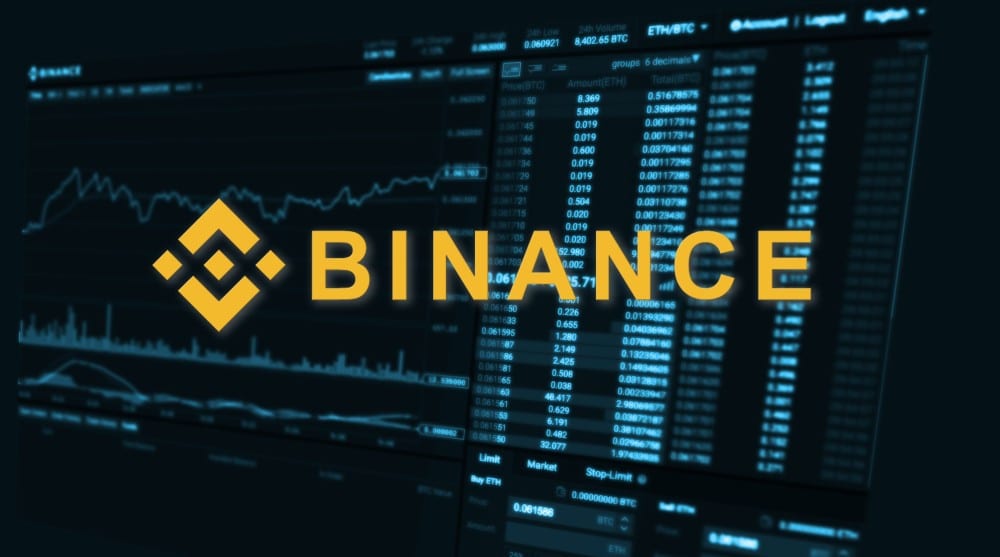
Australian Regulators Terminates Binance’s Derivatives License Cites Compliance Concerns
Financial watchdogs from the Australian Securities and Investments Commission (ASIC) have reported the cancellation of the Binance Derivatives license in the region. In February, the regulators observed that the leading crypto exchange by market capitalization, Binance, has wrongly classified Australian investors as wholesalers.
The ASIC team demanded Binance suspend the accounts of all Australian investors grouped under the wholesale clients. In an attempt to operate with the Binance core values, the company shared a public notice to all the affected users on the changes to be made to the derivatives sections.
Termination of Binance Derivatives License
In an announcement conveyed on April 6, by the ASIC team, after a comprehensive probe on the operation of the Binance Australia Derivatives, some of the classified wholesale clients failed to meet the requirements of section 761GA of the Corporations Act 2001. The ASIC team has cancelled the permit issued to Oztures Trading Pty Ltd which provided Binance Derivatives to Australian users.
In light of the above cancellation, the ASIC has limited Australian users from engaging in crypto activities to increase their derivatives levels within the Binance platform as of April 14. All the users are required to discontinue any derivative role before April 21.
Subsequently, the Binance team will wind down all the active derivatives accounts on the platform on April 21. The ASIC provision has suspended creating new derivative duties on the Binance platform.
According to the ASIC, the crypto exchange is legally allowed to continue to be a member of the Australian Financial Complaints Authority (AFCA) until next year, April 8.
Binance Violates Data Privacy Rights
In a separate report, the ASIC confirmed that the regulators have been analyzing all the financial transactions in Australia executed through the Binance platform. Not only did the regulators monitor the transactions, they evaluated the classification criteria used for grouping Australian retail and wholesale consumers.
At the request of the ASIC chairperson Joe Longo, regulators examined whether Binance classified their clients in line with the existing crypto regulation. This thorough exercise aimed at ensuring that the Binance crypto derivative retail users garner all the benefits granted by the AFCA.
Under the Australian Financial Complaints Authority consumer protection requirement, the AFCA is entitled to support retail traders in resolving compliance concerns.In a previous statement, the ASIC regulators restated a few non-compliant charges facing the crypto exchange.
Firstly the ASIC team noted the latest regulatory scandal battling Binance and the chief executive Changpeng “CZ” Zhao at the US Commodity Futures Trading Commission (CFTC). They highlighted other Binance regional offices undergoing regulatory scrutiny from 2021 to date.
Binance Reveal Next Move
Speaking at an engagement with ASIC stakeholders, the Binance spokesperson announced that sunsetting the Australia crypto Derivatives units was the only suitable option for the crypto exchange. The spokesperson was categorical when he reiterated that Australian investors will still access the Binance spot trading feature even after the closure of the crypto derivatives.
He argued that the spot trading feature would provide Australians endless opportunities to boost their trading experiences.In the meantime, the spokesperson announced that the Binance crypto derivative platform has more than 100 existing users.
The Binance team plans to notify the remaining customers of the impending closure of the crypto derivative operations. Still, in February, Binance shared a report informing Australian retail and wholesale crypto derivatives users about the closure of accounts.
The February report Binance team demonstrated the measures implemented during the classification of the wholesale clients. They argued that one should meet exchange requirements for an investor to be classified under the wholesale category.
Such requirements are grouped into three main categories, namely the wealth , investors , and business performance assessment tests. The Binance team stated that the adoption of restrictive measures aimed at fleeing the non-compliant wholesale investors.
Nevertheless, the erroneous classification of Binance wholesale clients has ignited public outrages prompting the Aussie regulators to launch a “targeted review” to investigate the operation of the crypto derivatives.




